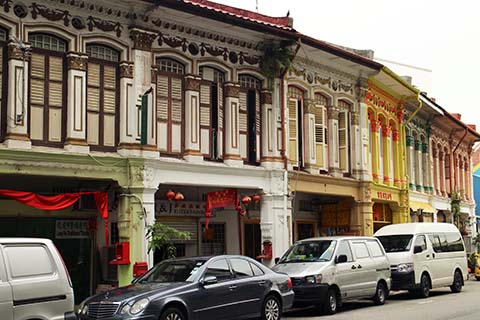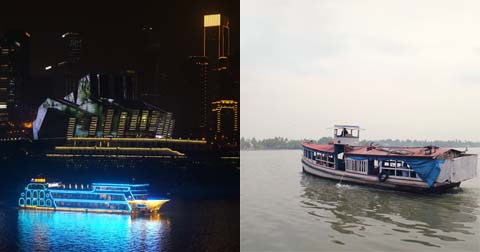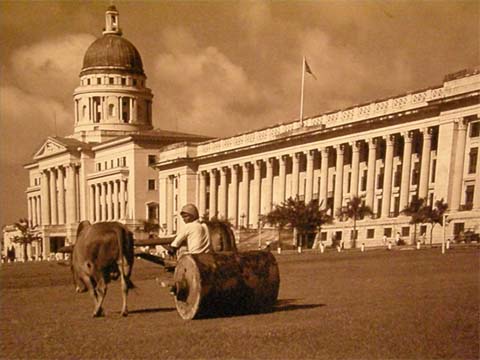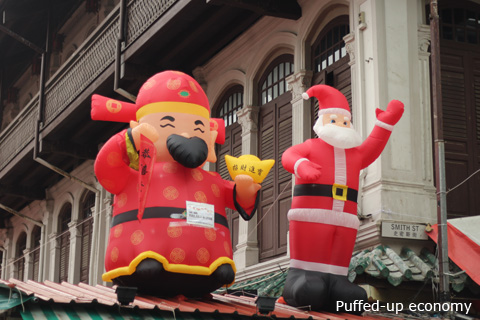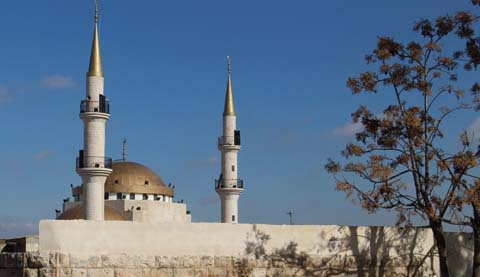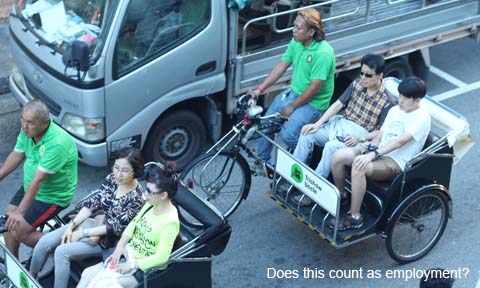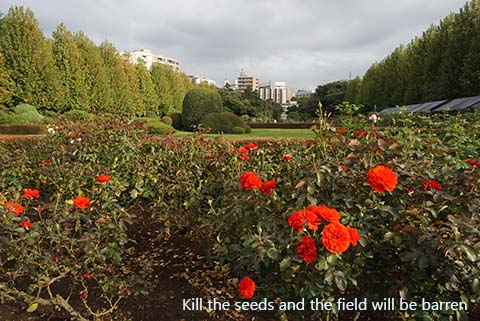
Everything is fake until it is true. This sentence may sound glib but I think it is fundamental in epistemology. This is not to say that everything will eventually turn out to be true, but merely that everything we know as true was once easily dismissed as fake.
Truth does not emerge wholly formed. Truth is a consensus reached when empirical evidence and logical construction have attained a critical mass, enough to far outweigh any other plausible explanation. However, it can take a very long time for evidence to be found and the dots connected. Even then, ‘truth’ remains contingent on the evolving pattern of evidence. Continue reading ‘In trying to kill fake news, we lobotomise ourselves’
